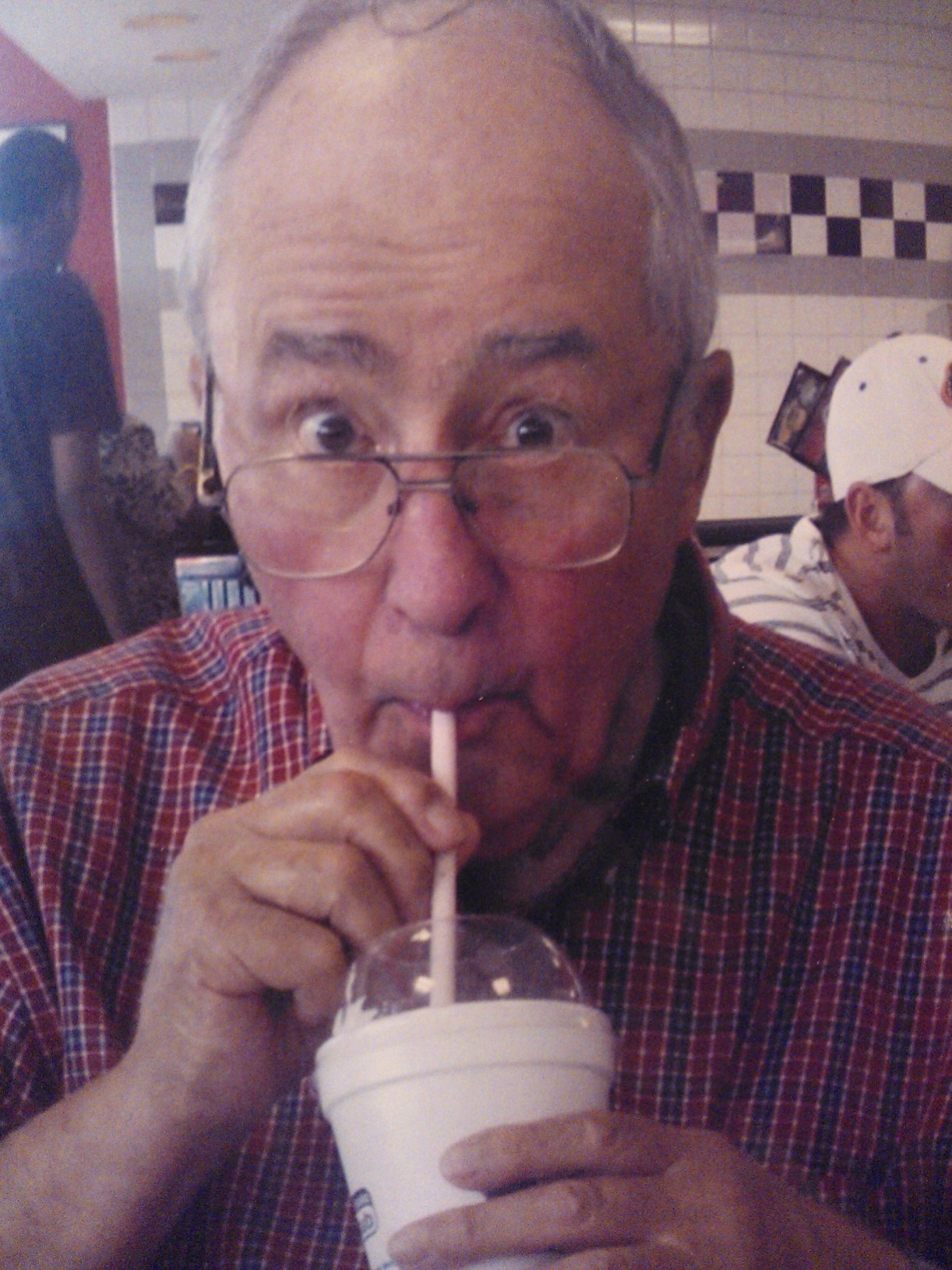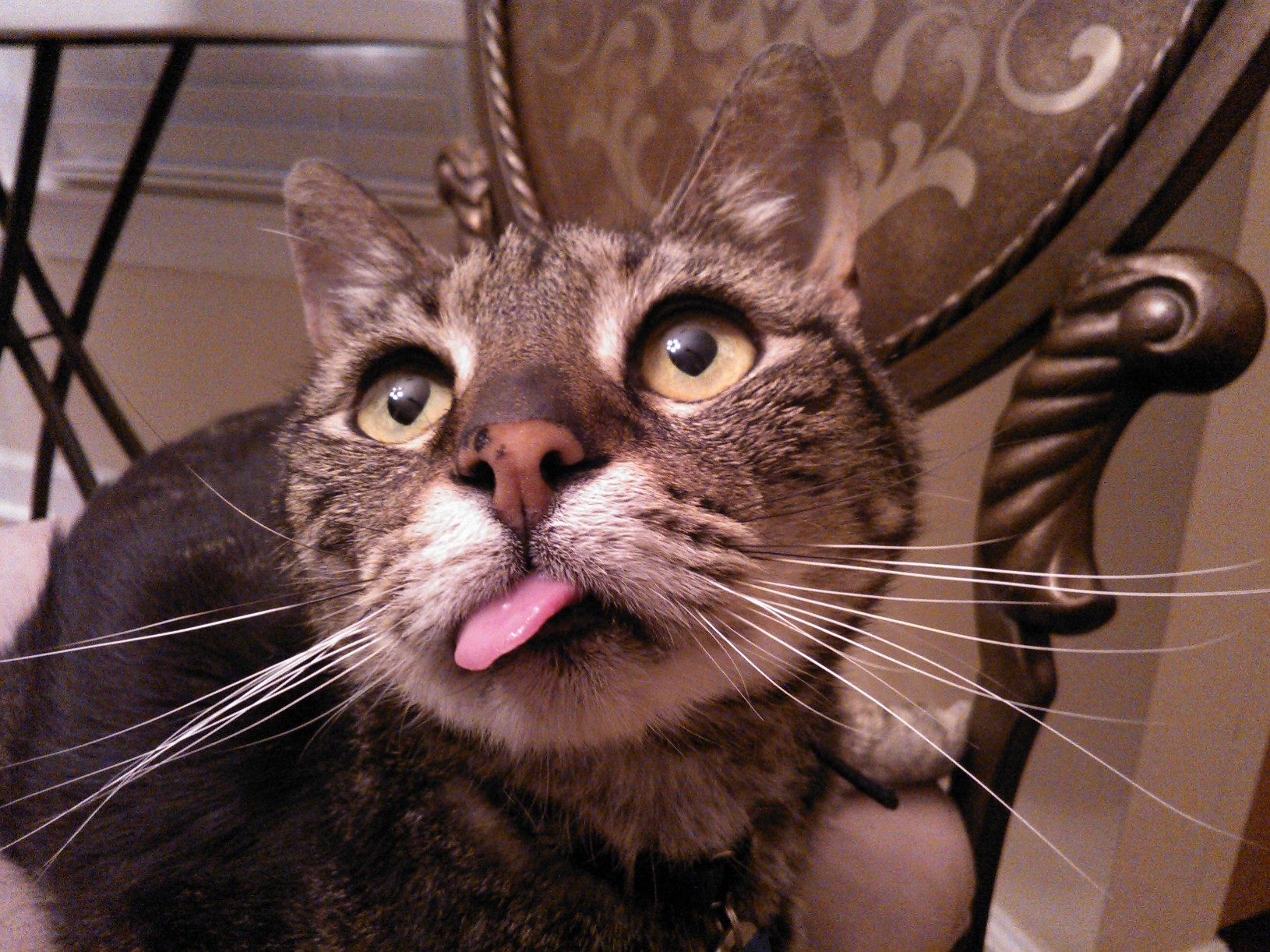Though it sounds harsh, we need to take a close look at our expectations and learn how to keep them in neutral. We have turned into a society that expects the world to be at our beck and call. We’re often entitled and don’t understand why we can’t have what we want … now! Maybe this is one reason why people are pretty cranky these days; society is headed in an unpleasant direction.
I share some of my innermost thoughts to help keep expectations in check. I’m seeing people, on a national level, being unreasonable when it comes to what possessions and estate items are selling for these days. Although there are multiple reasons for this, we need to look longer and deeper into the reasons before blaming the estate sale professional, auctioneer, consignment company, etc.
Each time I hear someone say, “Why are things selling so low? Why hasn’t the market come back yet? I just don’t understand!” I am really surprised. If you are watching the news, the internet, or any other global source, it should come as no surprise that things are a little crazy in the world. Despite what mainstream media announces, the economy from our perspective (the sellers) is not improving.
It is currently, and will remain, a buyer’s market for quite some time.
Personal property is low, just like almost everything else. Our expectations should remain fairly low until such a time that these items regain popularity or collect-ability, when and if that time comes back.
We, the sellers of personal property, know the market; one of our faults may be not explaining this completely to our clients. We need to do our best to fully explain the poor economy, the flooding of the market from our older loved ones leaving us, the boomers downsizing, and our younger adults not wanting much stuff. Flooding of the market is a concept easy to understand, once it is explained.
I have also attributed the client blame, which I hear from estate professionals, to several factors outside our realm of influence.
- People need money, or need to preserve the money they have.
- People are worried about the heavy costs of healthcare, especially long-term chronic care. How long can they keep their parents’ care going if they outlive their money, which many are doing?
- People believe family lore about how valuable certain pieces were, only to be side-swiped with a realistic fair market value. This derails them and rapidly deflates their bubble of expectation. They thought these items would sell for a small fortune, and in most cases, they don’t.
- When times were good, our clients paid top dollar for nice, well-made furniture; often thousands of dollars were spent. Retail no longer exists in our world, so forget about retail. This furniture will not sell for 75% or even 50% of what you paid for it in most cases. Prepare yourself for 25% to 30%. If it sells for more, consider that a fortunate occurrence.
- When all of this knowledge converges and comes tumbling down, the property sellers often get slammed with anger and frustration.
- People need to understand that most possessions do not appreciate in value, even if they are special and expensive.
- Unfortunately, you may have paid too much for items in the past. That cannot justify a high or unrealistic price when you sell them.
I really want my voice to reach both the consumers and my colleagues in the industry. There are always two sides. IF an estate professional does their due diligence in every respect, is it fair for the client to be harsh towards the professional, due to unrealistic expectations? This is why communication is so important!
- Look at the economy.
- Look at other people going through tough times and how quickly styles, lifestyles, and people are changing.
- Look at the market with a reasonable eye.
- Keep your expectations in neutral.
We’re all in this boat together!
©2014 The Estate Lady®
Julie Hall, The Estate Lady®, is the foremost national expert on personal property in estates, including liquidating, advising, and appraising. http://www.TheEstateLady.com She is also the Director of American Society of Estate Liquidators®, the national educational and resource organization for estate liquidation. http://www.aselonline.com.
No part of The Estate Lady® blogs, whole or partial, may be used without Julie Hall’s written consent. Email her at Julie@TheEstateLady.com.




